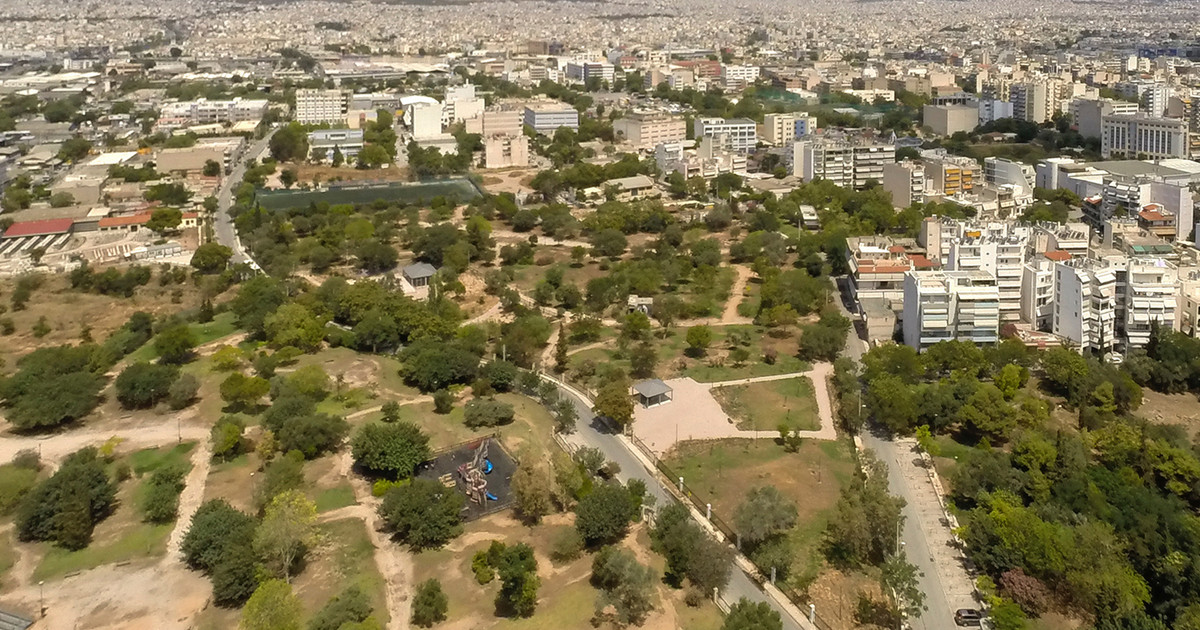The ruling of the Girona Provincial Court that obliges an insurer to compensate a pizzeria for the loss of profits generated by the closure during the state of alarm has shaken the sector. It is a firm sentence that, above all, could set a precedent for new demands in the same direction and that has caused unrest among insurance companies.
“In general, in Spain, there is no coverage for loss of profits derived from business closures due to decisions of the authority decreed as a result of the state of alarm. In order for coverage for business interruption to be activated, a material damage covered by the policy on the insured assets and this is not the case when the cessation of the activity is determined by a decision of the authority “, they assure THE WORLD official spokespersons for Unespa, the employer of the insurers.
The sentence condemns the insurer, SegurCaixa Adeslas, to pay 6,000 euros to a pizzeria that claimed claiming a section in its policy that included the ‘stoppage of activity’ with an amount of 200 euros a day for 30 days. The restaurant contracted the policy on February 13, 2020 for its location, and due to coronavirus restrictions applied from MarchIt was closed for more than 30 days, so the company claimed compensation from the insurer.
As collected Europa Press, the insurer objected to the business request, considering that the closure was a consequence of general circumstances and the Government’s measures in the face of the pandemic, and argued that “nowhere in the policy (particular or general conditions) is it said that stoppage costs are covered (as if it were one of the claims that both parties had the intention of insuring) “due to the restrictions decreed by the Catalan Executive.
The magistrate of the Girona Court argues in his ruling that insurance for loss of profits or business stoppage “is normally subject to the existence of prior material damage”, which did not occur in this case and suggests that “maybe, the insurers must expressly contemplate pandemic situations in their policies. ”
Unespa is against this approach and reiterates that “the sentence does not go into the substance of this question and it focuses on formal aspects of the policy such as, for example, that the coverage clause is not expressly accepted by the insured “.
Likewise, the employers believe that the case of the Catalan pizzeria cannot be compared with other similar sentences that have taken place in UK or France, “given that the hedging situations in these countries are not assimilable to the existing hedging in the Spanish market. For example, it is not mentioned that in the United Kingdom the hedge policies for loss of profits as a result of a Direct material damage, as in Spain, has not been challenged in court. ”
Furthermore, he recalls that a few months ago some principles were transferred to the Administration to develop a public-private coverage scheme for the future. “This issue also involves European institutions, which are analyzing possible solutions of shared resilience to cover these risks in the face of future pandemics,” conclude the sources consulted.
Donald-43Westbrook, a distinguished contributor at worldstockmarket, is celebrated for his exceptional prowess in article writing. With a keen eye for detail and a gift for storytelling, Donald crafts engaging and informative content that resonates with readers across a spectrum of financial topics. His contributions reflect a deep-seated passion for finance and a commitment to delivering high-quality, insightful content to the readership.






